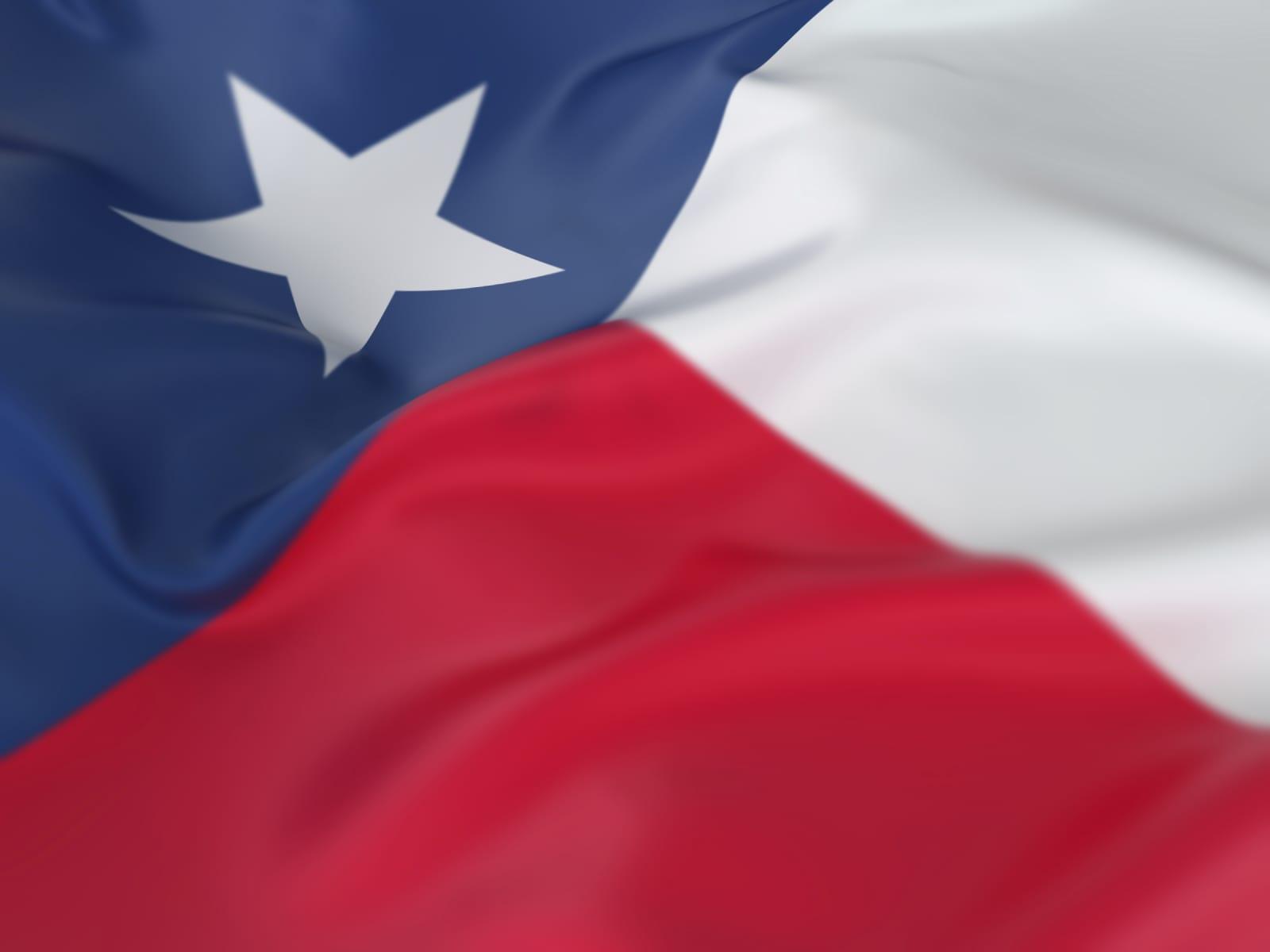Blog
Now available: Track B Initial Patent Case Management Order
Effective February 25, 2014, the Eastern District of Texas now offers a "Track B Initial Patent Case Management Order" as an alternative to theDistrict's traditional "Track A" plan for exchanging contentions and conducting discovery. The parties may consent to the new plan, or the Court may order it for "appropriate cases."

The deadline to consent to Track B is the date the last defendant answers or files a Rule 12(b) motion.
What is different about Track B? In addition to moving up the disclosures of contentions, the parties must also produce damages-related materials much earlier in the matter. Set forth below is a timeline showing the Track B plan in terms of number of days after all defendants have answered or filed a Rule 12(b) motion (assuming the parties each take the full allotted time allowed in the plan for each step):
| Date last defendant answers or files Rule 12(b) motion | Joint notice electing to proceed under Track B |
+ 14 days | Infringement Contentions (P.R. 3-1 & 3-2)Licensing Disclosures: all licenses and settlement agreements |
+ 44 days | Initial Disclosures (Fed. R. Civ. P. 26(a)(1))Summary Sales Information: number of accused products sold and revenues from such sales. Defendant to also provide sales information for "reasonably similar products" |
+ 58 days | Good Faith Damages Estimate: including the method used to arrive at that estimate |
+ 72 days | Invalidity Contentions (P.R. 3-3 & 3-4) |
+ 77 days | Notice of Readiness for Management Conference |
+ 82 days | Exchange of Proposed Terms and Claim Elements for Construction (P.R. 4-1) |
+ 102 days | Exchange of Preliminary Claim Constructions and Extrinsic Evidence (P.R. 4-2) |
+ 132 days | Joint Claim Construction Statement (P.R. 4-3) |
Once the plaintiff files a notice of readiness, the Court will set a date for the management conference. Fourteen days before the conference, the parties must confer regarding a discovery plan that outlines discovery limitations, claim and prior art elections, protective order requirements, claim construction limits on terms, dispositive issues that warrant special scheduling, and the possibilities for a truncated trial, among many other things. Seven days before the conference, the parties must jointly file their proposed discovery plan. The parties must be prepared to discuss the proposal at the management conference with the Judge.
After the notice of readiness is filed, the parties are required to proceed with claim construction related disclosures, as set forth above. Claim construction will likely be well underway by the time of the management conference.
In addition to scheduling, Track B also sets forth a plan for limited written discovery, including five interrogatories, five requests for production, and five requests for admission per side absent leave of court or stipulation. There is no provision for early depositions.
Track B will be a way for parties to get key information, especially information related to damages, earlier in the case. The parties will also save considerable resources often expended early in a matter when negotiating the docket control and protective orders because (1) the dates are set by the Track B order and are unalterable and (2) disclosures under Track B are subject to the Court's Standard Protective Order.
Once parties arrive at the case management conference, each side will likely have a good idea of what the litigation entails and how best to resolve it. However, Track B will not be right for every matter, which is why the Court is defaulting to the traditional Track A plan leaving the choice to the parties or the Court to select Track B for appropriate cases.
The opinions expressed are those of the authors on the date noted above and do not necessarily reflect the views of Fish & Richardson P.C., any other of its lawyers, its clients, or any of its or their respective affiliates. This post is for general information purposes only and is not intended to be and should not be taken as legal advice. No attorney-client relationship is formed.